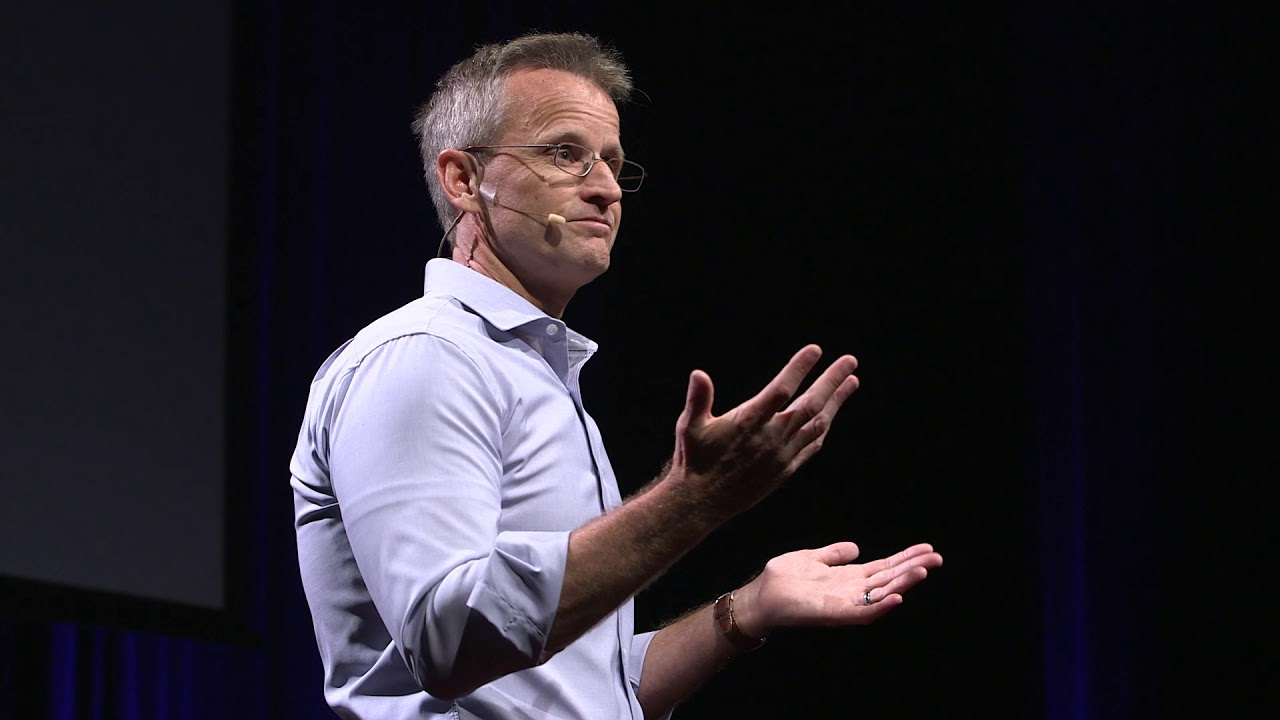Expressions of Sincere Curiosity Can Improve Results Within Disagreements
Everyday difficulties, a study says, can be become more productive with the use of a specific approach
Disagreement is uncertain territory to walk through at times. Often people resort to instinct in place of what would likely prove more helpful to their emotions and goals.
Jeff Haden, writing at Inc. magazine, talked about a study that found that instead of fighting with people over a difference of thinking, the decision to communicate in a way that shows them we are genuinely, respectfully curious — and want to learn — will benefit us most.
I’m not inferring that this is an absolute, as in it always works or that it is even practical in all situations. Haden and the study likely aren’t saying that either. This is more about the everyday, simpler disagreements we inevitably encounter. Yet it can work in more interactions than it won’t lead you to where you want to go.
The conclusion: seeking to learn about other people’s viewpoints will increase the probability of them being willing to be more receptive to yours.
“Or in non-researcher-speak,” Haden writes, “challenge me and I’m unlikely to change my mind, even in the face of better evidence.
“Make me feel you want to learn, though, and I’ll be more open to learning as well.”
Haden told a story about when he turned a disagreement into an argument by challenging—or at least appearing to challenge — a person’s professional knowledge and experience.
Of course, his intentions weren’t to offend. Yet the impact of your communication actions is more powerful than your intentions in other people’s minds when frustration, annoyance or anger is felt.
“While I didn’t mean to (challenge and offend), Haden writes, “for (the other person), my choice of words made it personal, and he responded emotionally.”
I’d suspect most of us have been in his shoes where we didn’t intend to come off as insensitive or disrespectful but that’s exactly what other people felt coming from us.
It didn’t make our lives easy in that moment and maybe, later either.
I can’t imagine many of us haven’t also been on the other end of that sword where people’s approach has resulted in us feeling unnecessarily challenged or disrespected.

Haden decided he was smarter than he was showing. He wanted to learn to be more effective in difficult situations.
He writes that he began to reframe disagreement as curiosity. He developed a plan to lift his performance. Haden softened his communication approach “with words like, ‘It’s interesting you say that’ and delivered words with a genuine sense of curiosity.”
In doing this, he explained, he “showed I was interested. I was open. I didn’t want to argue. I wanted to learn.”
The outcome? The other person “responded emotionally, but this time in a good way — because I had implicitly shown I respected her (possibly greater) knowledge,” Haden recalled.
He shared additional communication starting points:
“I might be wrong, but…”
“On the one hand, I see what you’re saying. On the other hand…”
Temperatures go up in human interaction when people feel you are pushing back, even if that isn’t what you intend or what, in reality, you are doing. It’s vital to remember that how you communicate words is going to determine the initial emotional reaction people experience and how they decide to respond.
“Again, delivery is everything,” Haden wrote. “Sound skeptical and you’ll make the person feel defensive. Sound defensive, and you’ll definitely make the other person feel defensive.”
You and I know that people don’t always realize how they are coming across when they are frustrated, annoyed or angry. If they are confronted, aggressively or politely, they are likely to deny it and get more upset.
This would seen to reason that if other people do this, we can be doing it as well, even if only occasionally, regardless of what we perceive is happening.
“You need to sound genuinely, openly curious, eager not to argue, but to learn,” Haden has learned and recommends to you and me.
If you’re a person in position of authority, whether that be in your business, work life or personal life, poise, patience and curiosity is going to significantly up your communication game and problem-solving, goals and progress.
“The next time someone disagrees, don’t just counter,” Haden advises.
Instead, he proposes, try an approach that increases the probability that you will succeed, feel less stress in doing so and afterward.
This will build a success habit that will earn you a positive reputation and help in future interactions, whether it be that same person, business interaction or other people.
“Use one of the starter phrases and first try to understand why they feel the way they do,” Haden recommends. “The conversation will be a lot more productive.”
Communication Intelligence Extra is a paid subscriber feature and benefit. Follow Communication Intelligence on the company page on LinkedIn and/or Twitter/ “X.”





